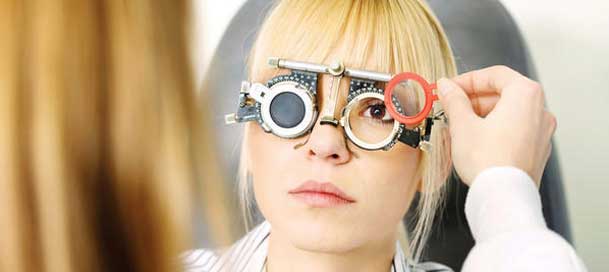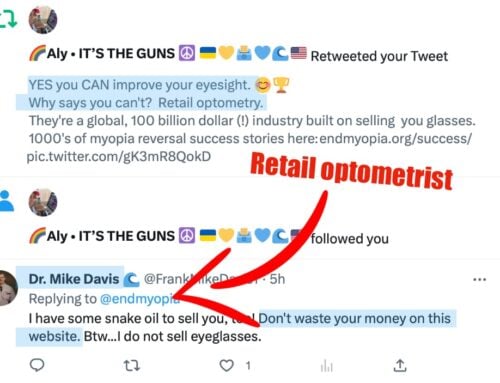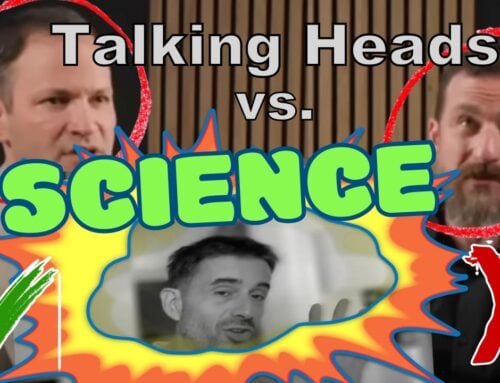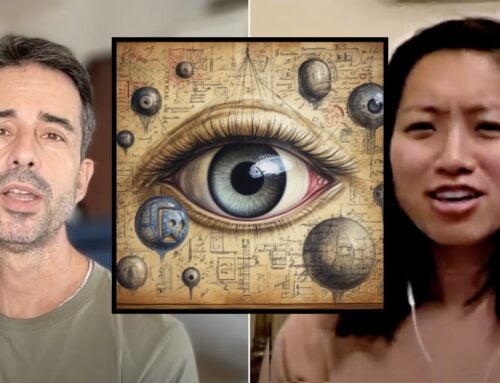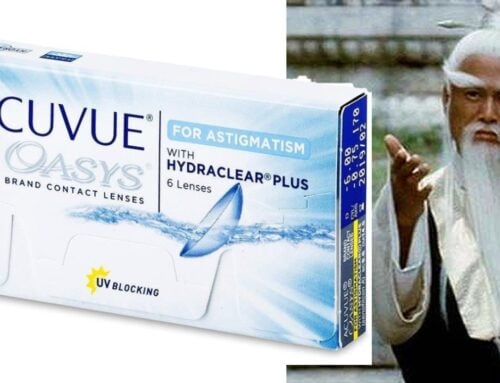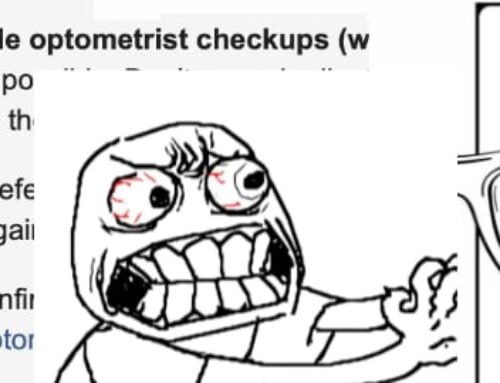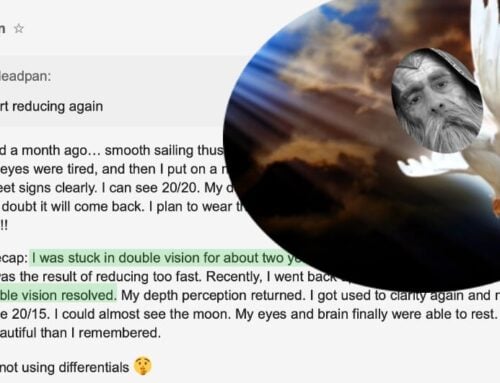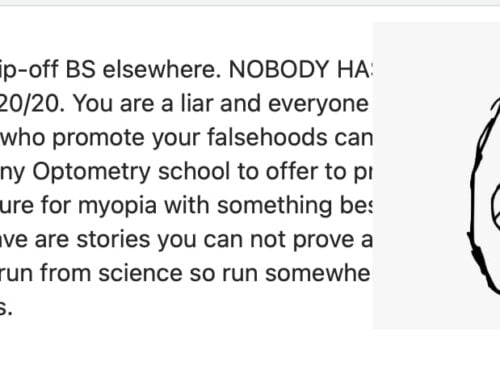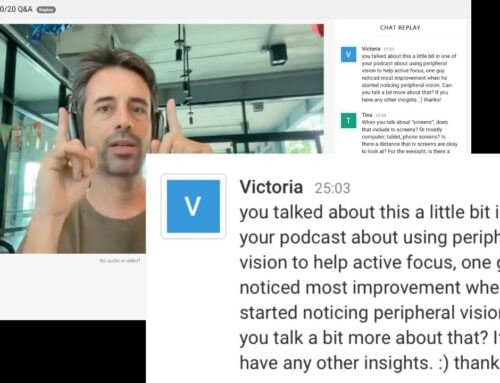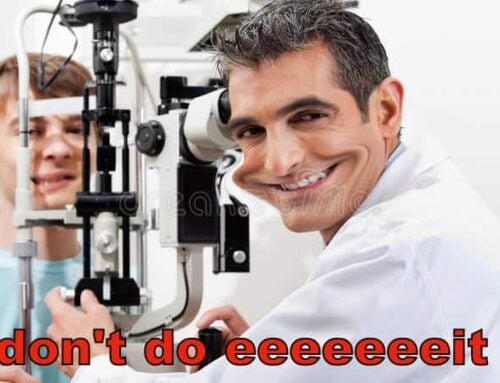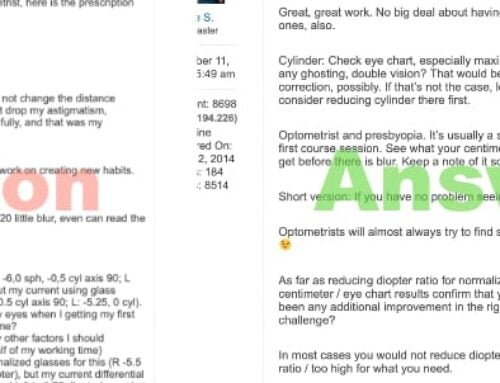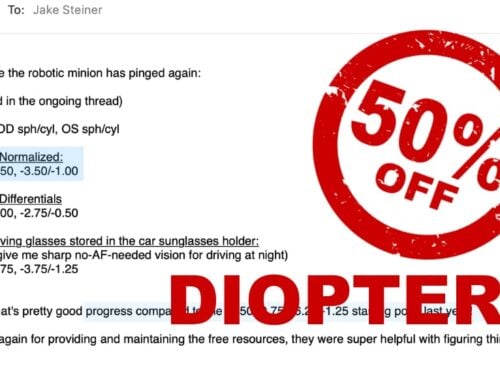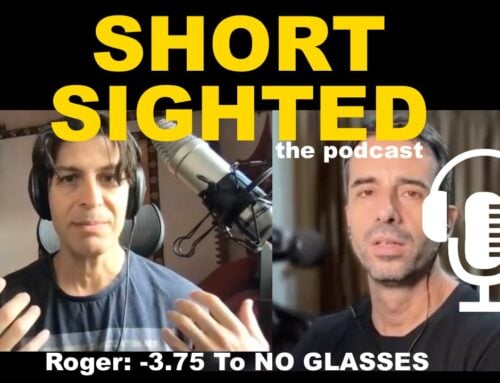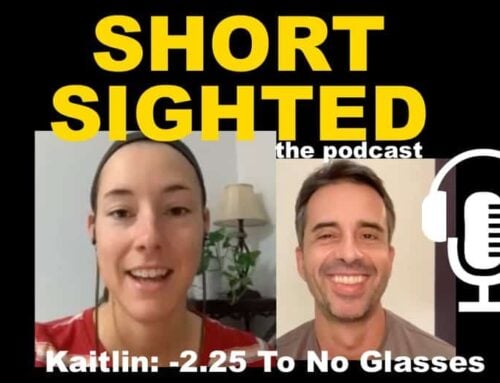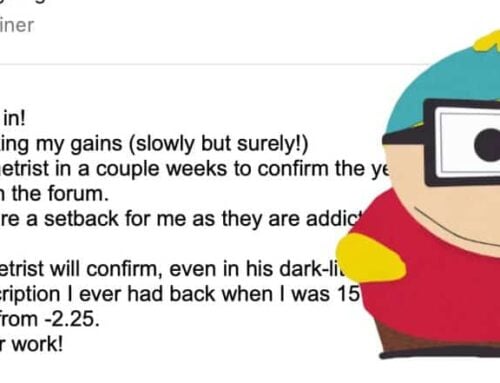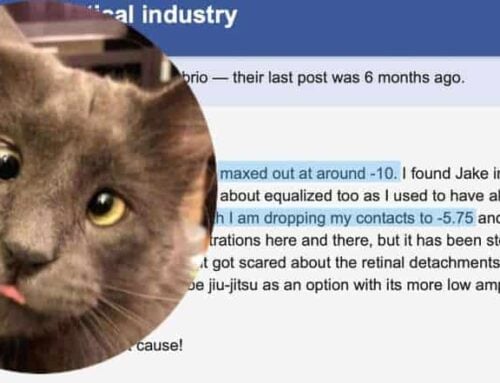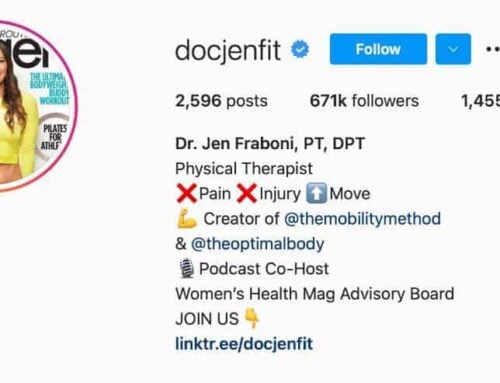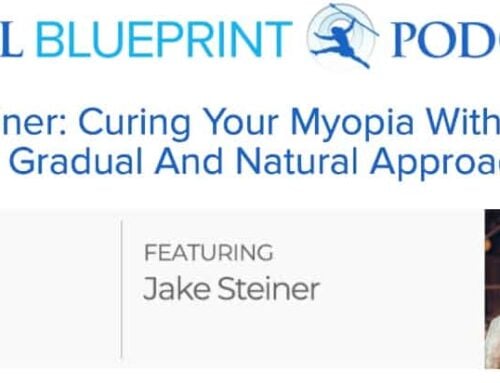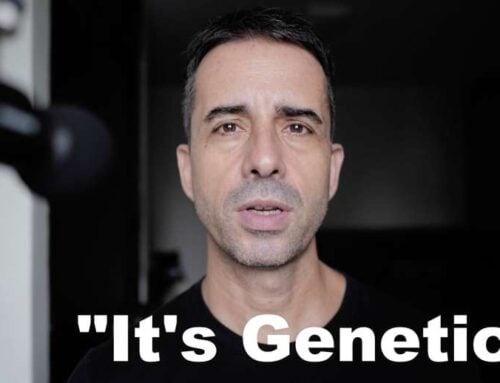In my younger years I treated my body like it is invincible. Lifting weights, skiing accidents, and various other activities took their toll, in particular on my rotator cuffs. It got to a point where I no longer had full range of motion in my arms, and was under quite a bit of pain.
I went to see my father, a medical doctor. He took a quick look and said immediately: You are going to need surgery. There is no other way.
That was something close to 20 years ago. I never did have the surgery. And my arms are perfectly fine.
Instead of going under the knife, I researched physical rehabilitation alternatives. I went to see some therapists, and ended up in a year of rehab to get everything working properly again. To this day I have zero pain and experience no limitations in my range of motion.
Medicine Is A Matter Of Perspective
What I want to impart is that it’s not that doctors don’t care. This was my father, after all. It is simply a matter of school of thought. Doctors don’t dispense inarguable truths. They believe in the viability of some method, and whoever you go ask, you will get their specific version of what’s best.
It’s up to you to choose the type of practitioner that makes the most sense for you.
Unfortunately in the field of optometry and ophthalmology, there is no clear indication to most people, that their methods are just one way of many to deal with eyesight health. The optometrist doesn’t tell you that there is another school of thought, equally trained, licenses, and approved to practice.
One of the things I want to accomplish here is to introduce you to alternatives to the status quo. Rather than just listening to me, I will invite you to get perspectives from other professionals in the field.
Not all of these optometrists and ophthalmologists that you will hear from, will share exactly my own perspective. There will be some conjecture and disagreement on various details. The point is not to take sides here, but rather allow you to experience the full range of what is out there, in the field of professional eye care.
Tomorrow we will hear from Dr. Steve Gallop, O.D., a behavioral optometrist from Pennsylvania.
Dr. Gallop has been published a number of times in the Journal of Behavioral Optometry, and also written books, including the temptingly titled “Looking Differently at Nearsightedness and Myopia”.
I interviewed Dr. Gallop about his experience in optometry school, his decision to get into the behavioral side, the attitude of the optometry profession, and lots more. I think you will rather enjoy his perspective, and a glimpse into how much optometry isn’t just about prescribing lenses.
Take a look at Steve’s bio, and look forward to tomorrow’s interview publication!
Dr. Gallop’s Biography:
Steve Gallop is a Doctor of Optometry. Dr. Gallop was left wanting more after completing his formal education at the Pennsylvania College of Optometry in 1989. He decided to seek out the elders in behavioral optometry in order to gain as much first hand knowledge as possible from the finest thinkers and clinicians. He felt this would offer the best opportunity to learn directly from those who had been influential in developing the philosophy and techniques of behavioral optometry. Dr. Gallop spent time with Dr. G.N. Getman, a pioneer in visual development who worked with Dr. Arnold Gessell – the father of child development research in America. Dr. Gallop also spent time with other pioneers in behavioral optometry including Dr. Robert Kraskin, Dr. Harold Wiener and Dr. Martin Kane. Some years later Dr. Gallop also joined the Behavioral Vision Project study group, which included such giants in the field as Dr. Gregory Kitchener and Dr. Paul Harris.
Dr. Gallop has had extensive experience with vision enhancement training (vision therapy), both as a doctor and as a patient, having greatly reduced his own nearsightedness as well as improving his overall visual abilities thanks to his time as a vision therapy patient.
Dr. Gallop lectures to a variety of audiences, professional and non-professional, throughout the country. His articles on the philosophy and practice of behavioral vision care have been published in several professional journals and books. His published titles include “The Tao of Vision Training,” “An Essay on the Reconciliation of Opposites,” “Compensating & Therapeutic Lenses: Passive vs. Dynamic Prescribing,” and “Reconfiguring Lens Power for Improved Function.”
Dr. Gallop is in private practice near Philadelphia in Broomall, PA. He has specialized in providing Developmental Vision Care to people of all ages since 1989.
A few words from Dr. Gallop:
I have worn glasses or contact lenses due to nearsightedness since the age of eight. I was also considered a behavior problem throughout my school career. In the current school environment, I would likely be put on Ritalin. After a ten year sabbatical from school I decided to become an optometrist. This meant completing almost three years of college before a four year program in a college of optometry. One of the primary reasons for doing this was my belief that glasses were horrible nuisance in my life. This created a desire to rid myself and many others of this torture. Along the way, I found that I had a problem getting my eyes to work together properly. It is likely that this problem had been present, and worsening for many years. With what I now know I would wager that this problem preceded my need for glasses. This is a very common scenario.
I pursued vision therapy for two reasons during my years in optometry school. First, I felt it would be improper to put anyone through a vision training program without knowing firsthand what it was like. Second, I had decided that there was something wrong with the way my eyes were working, and I was curious to see if this was true, and if improvement was possible. I went to a behavioral optometrist for an evaluation. I was told that my eyes were not teaming properly. This explained many things I had been experiencing over the years. Perhaps most remarkable to me was the realization that this explained why I avoided reading during all of my primary education. This eye teaming problem also explained why I struggled so much with sports like baseball and basketball, which require high-level eye/hand coordination. Why, with all the eye exams I’d had over the decades, had no doctor ever done anything other than make my glasses stronger?
One of my earliest and dearest mentors within behavioral optometry, Dr. Robert Kraskin, brought out a concept that was both foreign, and at first, repulsive to me. This concept required me to accept that just about everybody should be wearing glasses. Now just a minute, my mission was to remove these horrible devices from the face of the Earth. Once I became familiar with all the factors at the root of this concept, I was left with no other choice but to embrace this approach and all that went with it. There I was, prepared to do battle with my sworn enemy artificial lenses, only to learn that they were, in fact, one of the greatest tools available to help people achieve greater comfort, awareness, productivity, and visual stamina. I did not embrace this philosophy out of blind obedience. This new way of thinking grew out of extensive reading, hours of lectures and personal communication with some of the giants in the field. I also gained invaluable personal experience as a patient, and professional experience in caring for people in various stages of visual distress.
My passion and dedication to behavioral optometry has developed from the ground up. Though my visual struggles early in life were significant obstacles in many ways I suppose they were a key factor in helping me to be where I am today. I am grateful for the opportunity to help people in a very special way, through the gifts of behavioral optometry.
—
Tomorrow we will reach further into the subject of the optometry profession, with the help of Dr. Gallop’s perspectives and approach to vision health.
Cheers!
– Jake

